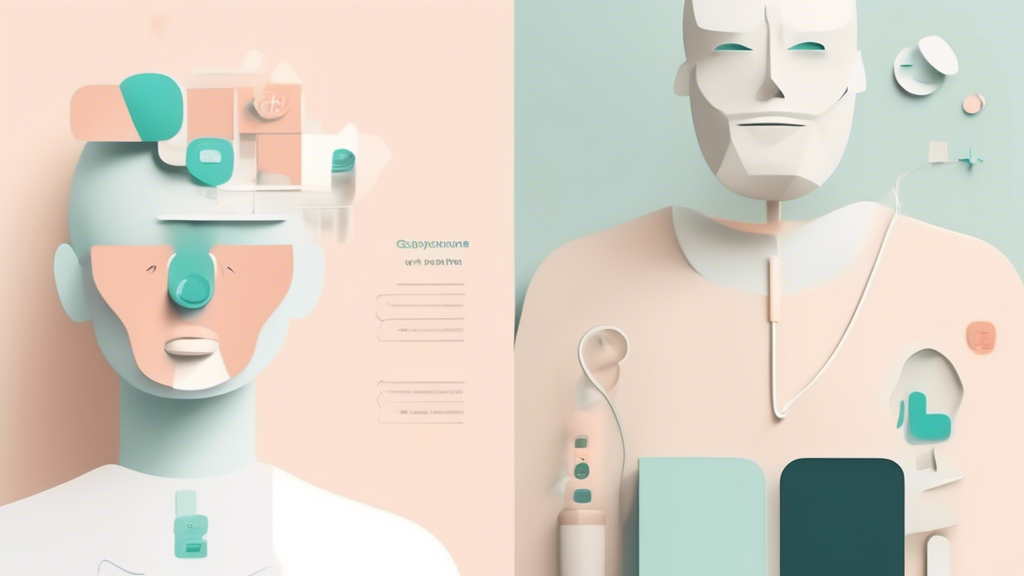As an aspiring student or professional in the healthcare or technology fields, you might be wondering about the intersection of artificial intelligence and healthcare innovation. The 2nd Hong Kong Clinical-driven Robotics and Embodied AI Technology Symposium, affectionately known as the CREATE Symposium, serves as a beacon of inspiration and a window into the future of healthcare. This event is crucial for anyone interested in how technology can revolutionize the medical landscape worldwide.
Fostering Collaboration for Healthcare Innovation
The CREATE Symposium, held at the picturesque Charles K. Kao Auditorium in Hong Kong Science Park, brought together a dynamic range of professionals, including international experts, clinicians, and innovators in medical devices. Led by the Centre for Artificial Intelligence and Robotics (CAIR) of the Hong Kong Institute of Science and Innovation, the event emphasized the synergy between clinical practice, academic research, and industry technology. This collaboration is crucial for fostering meaningful innovation in healthcare. Professor Hongbin Liu, Director of CAIR, stressed the importance of such partnerships to drive forward-thinking solutions.
Participants and key speakers, including visionaries like Mr. Albert Wong and Dr. Kin-lai Chung, exchanged ideas on how to bridge gaps between technology and healthcare. Mr. Wong underscored Hong Kong’s strategic position in the Greater Bay Area, benefitting from top-ranked universities and a thriving research ecosystem. Meanwhile, Dr. Chung explored how AI and robotics are reshaping healthcare by enhancing disease diagnosis, refining treatment precision, and supporting surgical tasks. This dialogue at the symposium is vital for students who wish to understand the real-world applications of their studies.
Showcasing Breakthrough Technologies
An exciting aspect of the CREATE Symposium was the unveiling of CARES Copilot 2.0 by CAIR. This smart healthcare breakthrough demonstrates the transformative potential of embodied intelligence in medical contexts. For students keen on cutting-edge technology, witnessing such advancements underscores the possibilities available when AI is applied to healthcare.
Beyond presentations, the symposium featured an engaging exhibition hall where participants could delve into CAIR’s groundbreaking research. Among the highlights were embodied intelligent ultrasound robots and augmented reality navigation systems, offering attendees a hands-on experience with technologies that are setting new standards in the industry. These innovations are not only theoretical; they have practical applications that hold the potential to enhance healthcare delivery on a global scale.
Discussions at the event also explored the commercial viability of AI and robotics technology in healthcare. These conversations are crucial for young professionals who are interested in how their technical skills could translate into market-ready solutions. Entrepreneurs and researchers shared insights during a closed-door seminar focused on clinical applications in cardiothoracic surgery and intensive care, illustrating the real-world impact of academic and technology-driven discoveries.
The symposium closed with a focus on future implications, highlighting its impact on advancing academic exchange and collaboration in embodied intelligent medical technology. As students, recognizing the significance of such events can provide inspiration and insight. The CREATE Symposium not only pushes forward the boundaries of what’s possible in healthcare but also serves as a reminder of the global impact innovation can have, shaping future careers and studies in this vibrant field.
